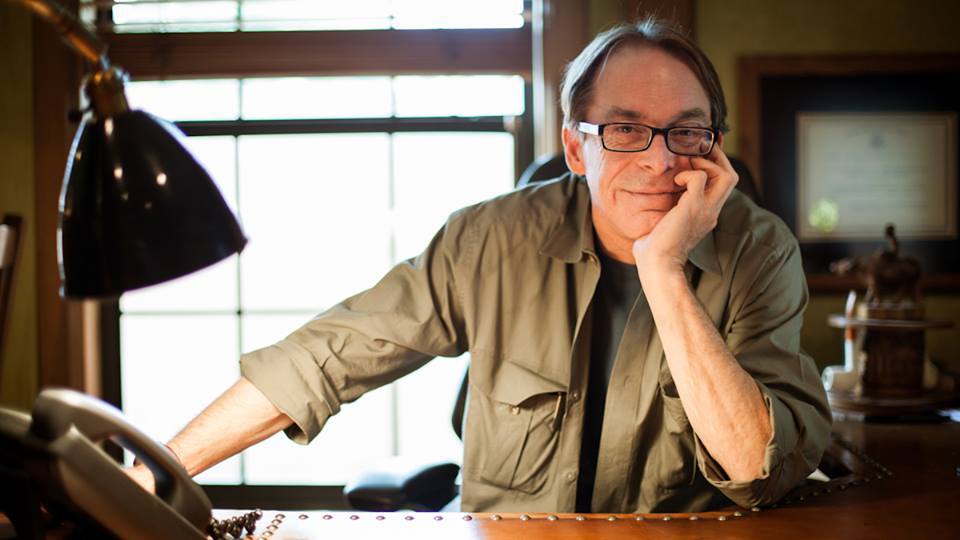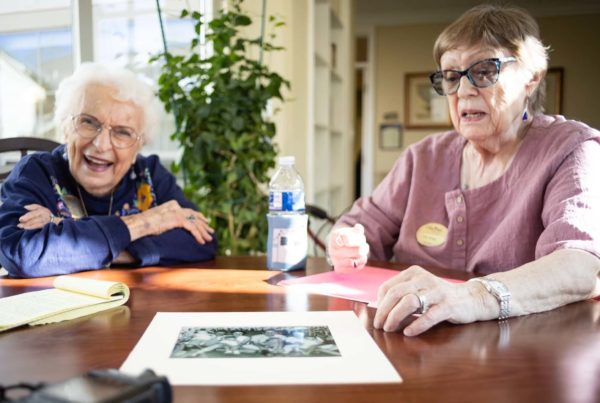Attorney Jeff Blackburn was probably best known for his work exposing the bad police work behind the 1999 Tulia drug bust. The drug sting in the small Panhandle town resulted in the arrests of close to 50 people – mostly Black. Blackburn took up the case and helped it garner national attention. In 2003, the convicts won release. Many received official pardons from Gov. Rick Perry.
In 2006, Blackburn co-founded the Innocence Project of Texas, which to date has freed 27 people who were found to be wrongfully convicted.
Blackburn died on Feb. 7. He was 65.
Dallas-based criminal defense attorney Gary Udashen is a founding board member of the Innocence Project of Texas and tells Texas Standard Blackburn leaves an important legacy. Listen to the story above or read the transcript below.
This transcript has been edited lightly for clarity:
Texas Standard: Can you say a little bit more about the big picture of Jeff Blackburn’s work? How did he change criminal justice in Texas?
Gary Udashen: Well, of course, Jeff is well known for his work on the Tulia case – exposing the false drug arrests out in Tulia, a small community in West Texas. But the the big picture is, as he was one of the founders of the Innocence Project of Texas and the work he did through the Innocence Project of Texas, he has had a significant impact on the criminal justice system in Texas. And Texas is a better place because of the work Jeff has done and did for us all.
Who was Tim Cole and what did that case mean to Jeff?
So Tim Cole was a Texas Tech student who was falsely accused and convicted of a series of rapes, one in particular in Lubbock when he was a Tech student. And Jeff took that case on, after Tim Cole had actually died, working with Tim’s family and achieved a posthumous pardon of Tim based upon DNA proving Tim’s innocence. And Jeff was able to work this through the system and convince Gov. Perry to grant a posthumous pardon, which I believe may have been the first, or certainly one of the first, posthumous pardons of this kind in the entire country.
Can you say a little bit more about the person, Jeff Blackburn? What was he like?
He was a larger-than-life personality. And although he was outspoken and he was in-your-face and he said what he thought and he was passionate about the things that he was working on, everybody still liked him. He would make very strong statements about the criminal justice system. And he was very critical of some of the main players in the criminal justice system, and it would upset them.
But nobody ever said, “I don’t like Jeff Blackburn” because he had the type of personality that brought people in, that brought people together. And no matter how strong his statements and how strong his feelings were about what he was working on, he was somebody that everybody liked and everybody admired for the work and the passion that he brought to the work. But the Tulia case is what really brought him into the world of innocence work and criminal justice reform. And so I think for about the last 20 years of his life, this was what his life was about.
The Tulia case was, as you say, probably his most high-profile case. What do you think he would want people to take away from what he found there?
Well, what Jeff would say and what he always said is “the system is broken.” And what Jeff, I’m sure, would tell you today if you were talking to him is what happened to these poor people in Tulia, who were wrongfully set up and wrongfully convicted, happens to people every day all over the country. And Jeff would make sure everybody knew that Tulia was not an isolated incident, that people are wrongfully convicted, people are mistreated by the system every day all over the country. And that’s what he devoted his life to trying to correct.
Was he respected by his fellow attorneys and by judges?
Well, Jeff was certainly respected by attorneys. He was widely considered one of the best attorneys around. Judges respected him. Prosecutors respected him, although he was in their face and he was calling them out and he was saying things that maybe a lot of us wouldn’t have the nerve to say. So they respected him. And just because of his personality, they liked him. But at the same time, they probably cringed when they saw him coming because they knew something was going to happen that they might not like.
But he is one of the people, certainly in the criminal justice world for the state of Texas, that has really made a difference. And I think that’s what Jeff wanted to do in his life. And he had a successful life because he was able to do that.













